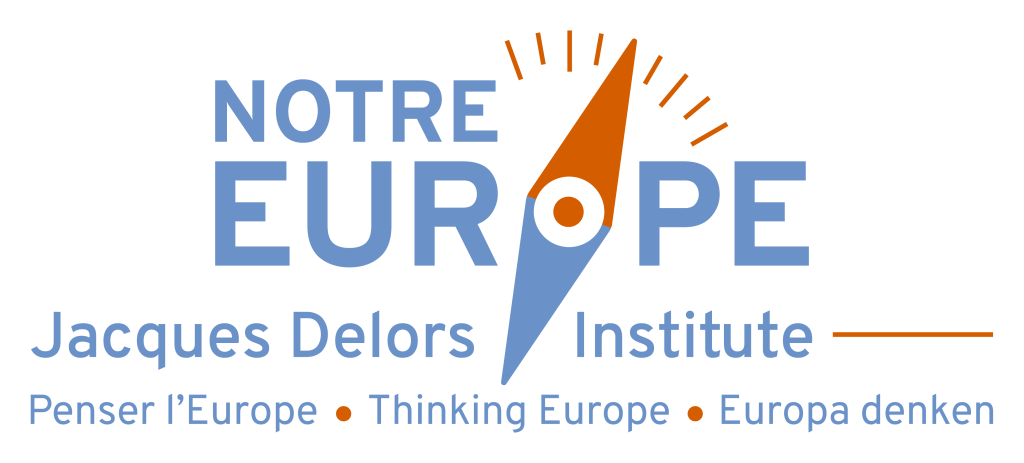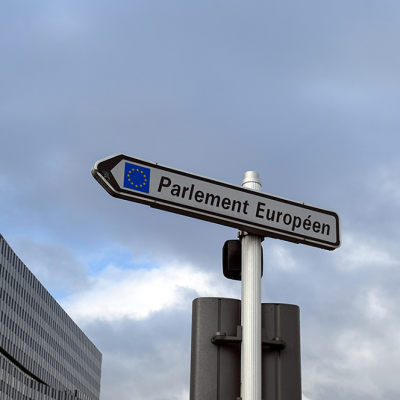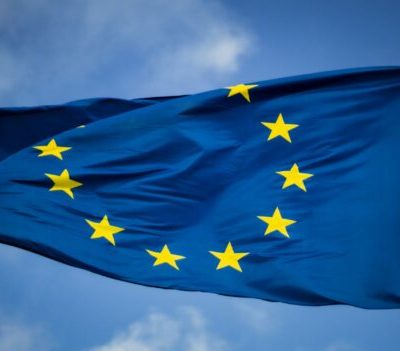The French Presidency of the EU Council
On 1st July, France takes Slovenia’s place at the head of the EU Council of Ministers, launching a new trio of Council presidencies alongside the Czech Republic and Sweden. France had dreamed of another political context. The Irish “no”” to the Treaty of Lisbon has triggered a new continent-wide crisis which the EU could have done without, at a time when it is struggling to recover the dynamism and confidence already damaged by the failure of the Constitutional Treaty. France nonetheless begins with an ambitious programme and four declared priorities: climate and energy, immigration, agriculture and defence. The Union for the Mediterranean is a further project close to the heart of President Sarkozy. During this presidency, Notre Europe will share its analyses, reactions and contributions in the media. Two of its publications, directly relevant to the French presidency’s programme, are already gaining attention: the Think Global Act European report, which contains the recommendations of thirteen European think tanks for the trio of presidencies, and a set of propositions for a reform of the common agricultural policy”

On 1st July, France takes Slovenia’s place at the head of the EU Council of Ministers, launching a new trio of Council presidencies alongside the Czech Republic and Sweden. France had dreamed of another political context. The Irish “no” to the Treaty of Lisbon has triggered a new continent-wide crisis which the EU could have done without, at a time when it is struggling to recover the dynamism and confidence already damaged by the failure of the Constitutional Treaty. France nonetheless begins with an ambitious programme and four declared priorities: climate and energy, immigration, agriculture and defence. The Union for the Mediterranean is a further project close to the heart of President Sarkozy. During this presidency, Notre Europe will share its analyses, reactions and contributions in the media. Two of its publications, directly relevant to the French presidency’s programme, are already gaining attention: the Think Global Act European report, which contains the recommendations of thirteen European think tanks for the trio of presidencies, and a set of propositions for a reform of the common agricultural policy.
Of course, it is important not to overestimate the impact of a Council presidency. The presidency concerns only one of the European institutions: the Council of Ministers, along with the European Council. Six months is a short period in relation to the usual pace of the European legislative agenda – hence the Council’s decision to work on a 18-month programme shared between three successive presidencies. Finally, the job of Council president is above all that of a “chairman”, a facilitator of European compromise. This requires a capacity for listening and dialogue, more than bold leadership. Nevertheless, it is generally accepted that some presidencies are more effective than others, and that it is possible to influence the rhythm and the content of the agenda (within a limit of 10-20%, it is often suggested). This is why the priorities of a presidency, beyond their communication value, are not insignificant: for the country occupying the presidency they represent a willingness to expend energy in the quest for certain results at the end of the term. But important issues will arise in all of the Union’s sectoral councils – from transport and education to culture and health – and a Council presidency is also the incumbent country’s chance to bring Europe to life at a national level.
For these reasons, Notre Europe – a European think tank based in France, whose motto is “thinking a united Europe” – will be an assiduous and committed observer, as it continues to analyse and make propositions and as it endeavours to shed light on the French presidency in a way that might be useful both to its European partners and to the general public. Notre Europe is also organising several events during the French presidency. After participating in the unofficial launch of the presidency by directing, alongside Europanova and the European Movement, the 2nd European Estates General on 21 June in Lyon, Notre Europe will be joining the Institut Aspen and the Fondation pour l’Innovation Politique to organise a European forum of think tanks on 19-20 September in Paris. In November a major project on European identity (“European Works”) will come to fruition, with publications and a photography exhibition in Paris and Brussels, in partnership with Agence VU. Also in November, Notre Europe’s European Steering Committee will convene to discuss the question of the European budget and the European elections of June 2009.
The contribution of European Think Tanks to the French, Czech and Swedish Trio Presidencies of the European Union
By Elvire Fabry and Gaëtane Ricard-Nihoul – April 2008
 Notre Europe and the Fondation pour l’innovation politique (Fondapol) have brought together 13 European think tanks with the aim of making recommendations to the Trio of presidencies
Notre Europe and the Fondation pour l’innovation politique (Fondapol) have brought together 13 European think tanks with the aim of making recommendations to the Trio of presidencies
CAP reform beyond 2013: an idea for a longer view
Study by Jean-Claude Bureau and Louis-Pascal Mahé – May 2008
 Within the framework of the CAP Health Check, Notre Europe publishes “CAP reform beyond 2013: An idea for a longer view”. This publication is the result of Task Force work launched by Notre Europe in the end of 2005. Its aim is not to comment on the different proposals made by the Commission under the Heatlh Check, but to take a broader point of view. The ambition of this contribution is to reconsider without taboos the objectives of a European farm policy with a long view; to assess the instruments currently in place; and, drawing lessons from the past, to make suggestions on how to design the future CAP due in 2013.
Within the framework of the CAP Health Check, Notre Europe publishes “CAP reform beyond 2013: An idea for a longer view”. This publication is the result of Task Force work launched by Notre Europe in the end of 2005. Its aim is not to comment on the different proposals made by the Commission under the Heatlh Check, but to take a broader point of view. The ambition of this contribution is to reconsider without taboos the objectives of a European farm policy with a long view; to assess the instruments currently in place; and, drawing lessons from the past, to make suggestions on how to design the future CAP due in 2013.





